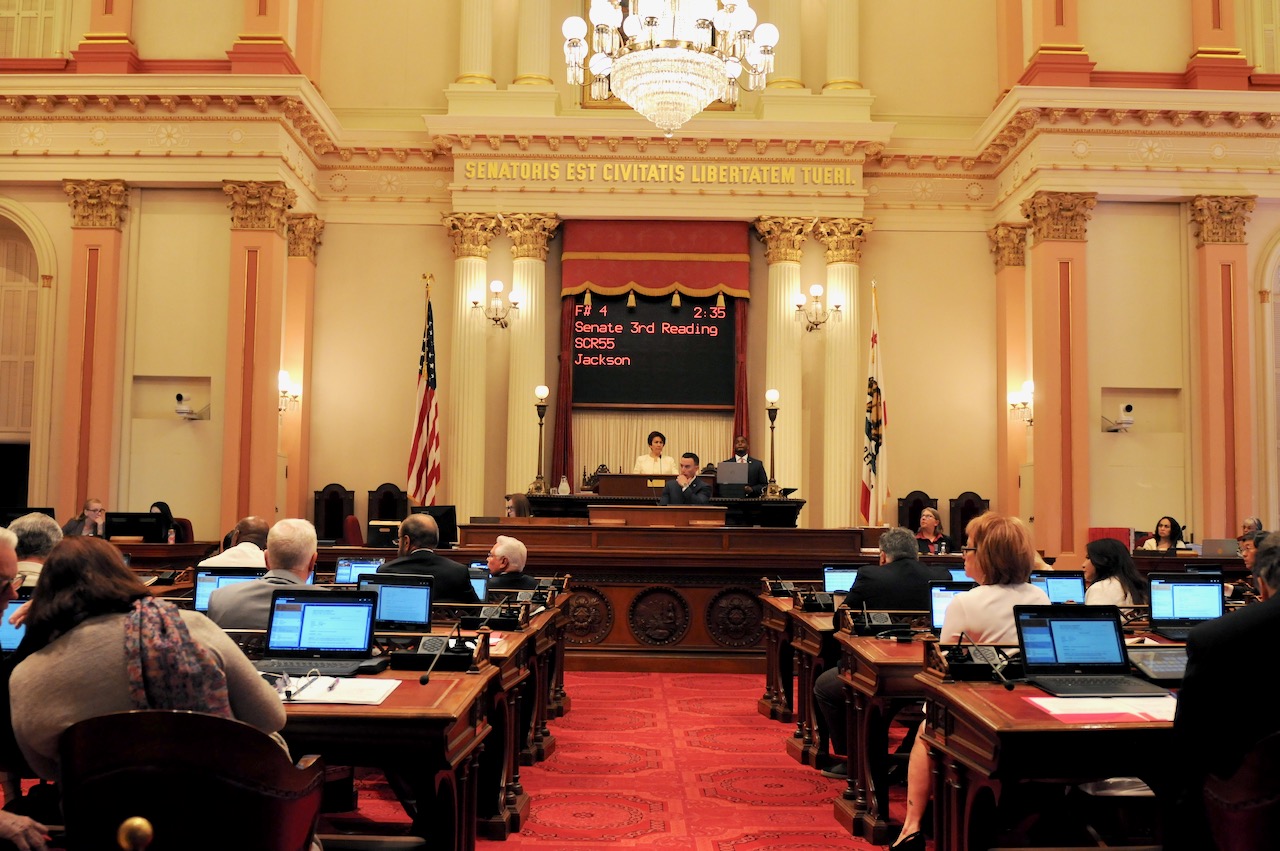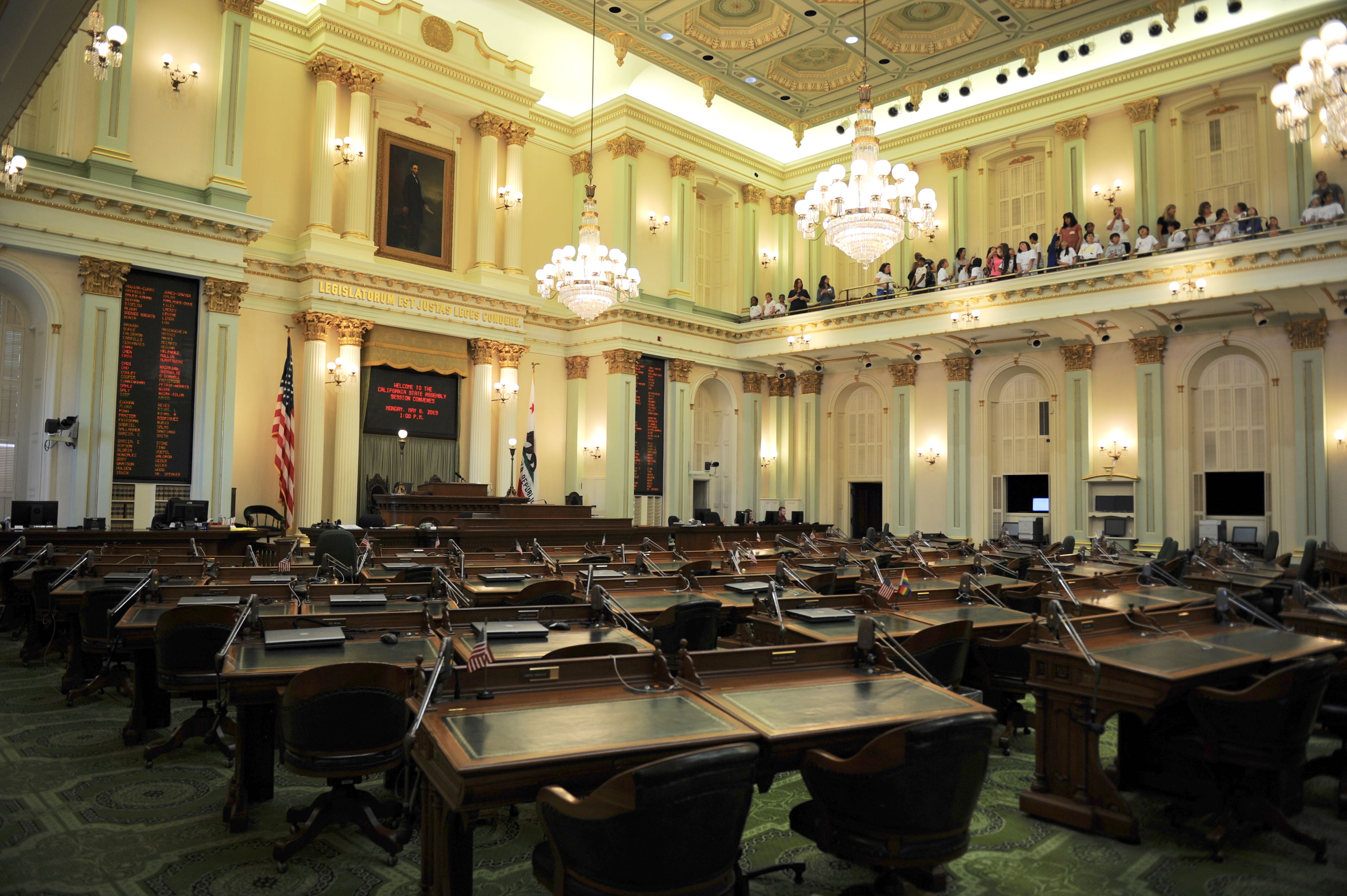
Capitol Building. (Photo: Kevin Sanders for California Globe)
When We Have to Wait on IT for New Statutes to Take Effect
This new section of law requires SOS’ online system to be updated before the statute becomes operative
By Chris Micheli, April 20, 2024 3:00 pm
We know that sometimes a statute will not take effect unless some other statute or action occurs first. This type of statute contains a “contingent enactment” clause, meaning that its enactment is contingent on that other specified action. In other instances, a statute has a delayed operative date. That could be a specified operative date, or an operative date that is contingent on something happening.
For those involved in Political Reform Act of 1974 bills, you are probably familiar with the issue of Cal-Access, which is the online filing and disclosure system run by the California Secretary of State, which is undergoing a revamp. This information technology (IT) project has been many years in development, but it is not the only instance where a statute cannot become operative unless a specified IT project has been developed.
For example, a Labor Code statute contains the following language:
(b) This section shall become operative when the next scheduled improvement of the Employment Development Department’s integrated claims management system is implemented, or on January 1, 2028, whichever is earlier.
This new section of law requires EDD’s management system to be updated before the statute becomes operative.
A Business and Professions Code statute contains the following language:
This act shall become operative only if the Department of Cannabis Control unifies its licensing system for commercial cannabis activity under the Medicinal and Adult-Use Cannabis Regulation and Safety Act (Division 10 (commencing with Section 26000) of the Business and Professions Code).
This new section of law requires DCC’s licensing system to be updated before the statute becomes operative.
A Government Code statute contains the following language:
Section 1 of this act shall not become operative until the date that the Secretary of State certifies an online filing and disclosure system pursuant to paragraph (7) of subdivision (b) of Section 84602 of the Government Code.
This new section of law requires SOS’ online system to be updated before the statute becomes operative.
Obviously, in all three of these examples of existing statutes, the operative date of these particular code sections is contingent upon another act happening, in this case an IT project being completed. Until that IT project is completed, the statute will remain inoperative.




